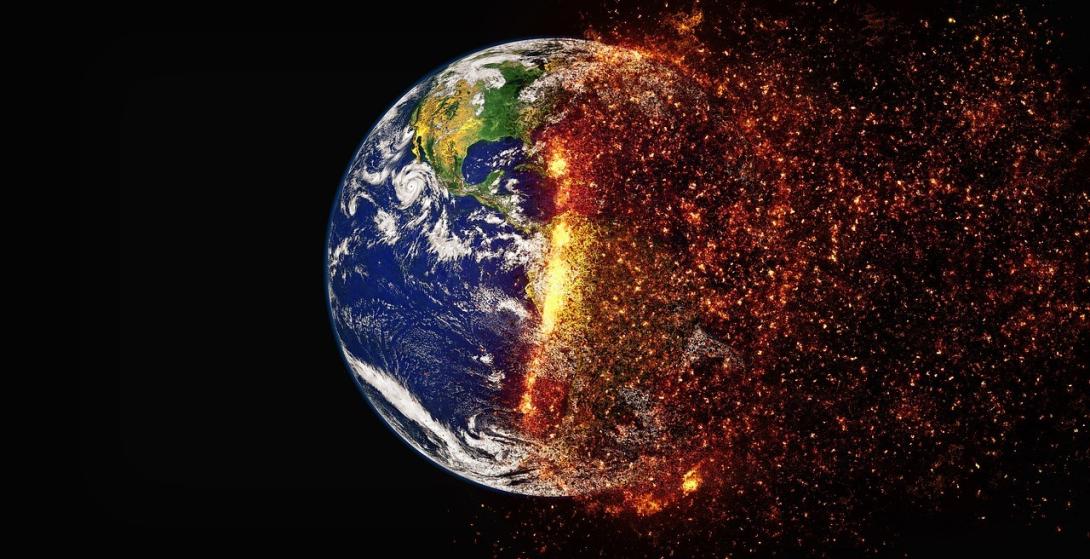
More than 500 Oregon health professionals and organizations are declaring climate change a public health emergency and are calling on the governor and state lawmakers to take action.
The Oregon Public Health Association and 40 other health organizations on Tuesday announced their unified front on climate action. They are recommending 10 policies in their “Call to Action” plan that would move the state closer to meeting its climate goals.
This comes as Oregon lawmakers are convening in Salem with a proposal to regulate and reduce greenhouse gas emissions.
“Extreme weather events, wildfires and droughts, have increased in frequency and severity over the last decade leading to rising health risks in Oregon,” Executive Director for OPHA Jessica Nischik-Long said. “More extreme heat is resulting in more heat related hospitalizations. More wildfire smoke is causing asthma attacks.”
According to OPHA, climate change is the “greatest public health challenge of the 21st century,” as the burning of fossil fuels is emitting more carbon dioxide and other greenhouse gases in the atmosphere, contributing to rising global temperatures.
The health care leaders’ policy recommendations include meeting and strengthening Oregon’s greenhouse gas emissions reduction goals, transitioning to renewable energy and to zero-carbon emissions transportation systems and building climate-change resilient communities.
Jennifer Vines, lead health officer for Multnomah County and the metro region, said climate change is threatening our air, water and food and those changes will lead to serious public health challenges.
“We anticipate more severe weather incidents that lead to injuries and strain on our public infrastructure as people migrate from places already disrupted by climate change effects,” Vines said.
Mental health is also a major concern. Oregon Health and Science University Professor David Pollack said people, especially young children, are experiencing what he calls “eco-anxiety.”
“They are frightened, and they have good reason to be. They didn’t ask for this, they didn’t contribute to the problem, but it’s there and it’s in their laps and laps of future generations,” Pollack said. “It is already leading to various kinds of symptoms and problems that people are having with hopelessness, escapist behavior, anger, and even decisions to not have children.”
Izzy Ventura Meda with Familias en Acción said climate change is disproportionately affecting rural communities, farmworkers, low-income and communities of color who are on the front lines of this crisis. But he said Latino communities are more likely to hold jobs that expose them to climate change problems like extreme heat along with other issues like air pollution and chemical exposure.
“Our community doesn’t need convincing that this is a very real problem, that this is happening now and that this is happening here,” Ventura said. “… But we also see if we come together to take action on climate change all our communities can benefit from a cleaner and better future.”